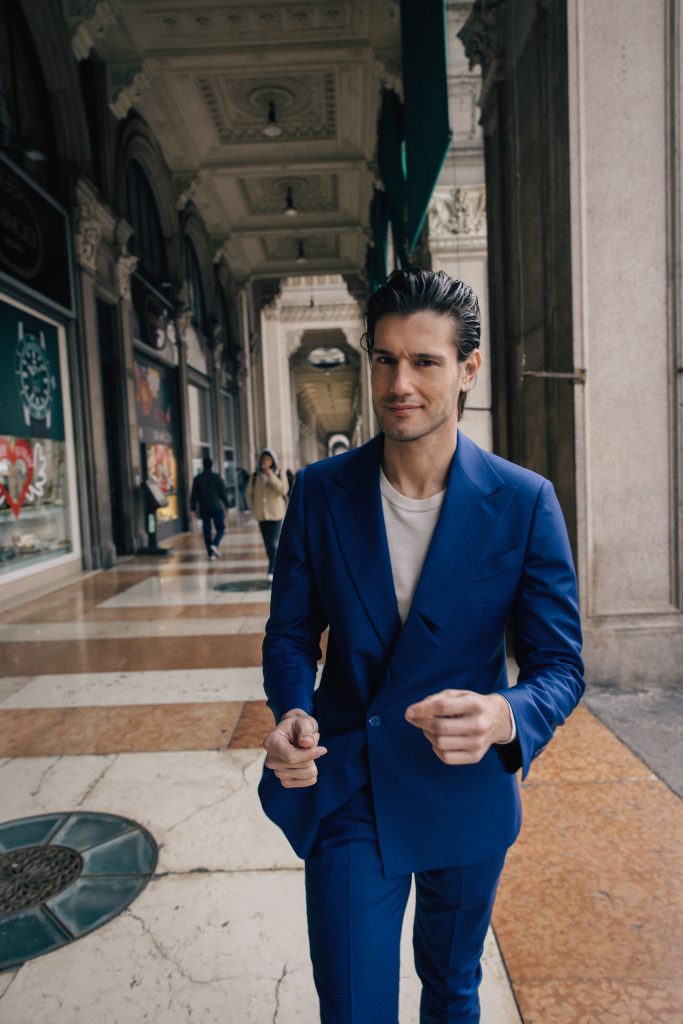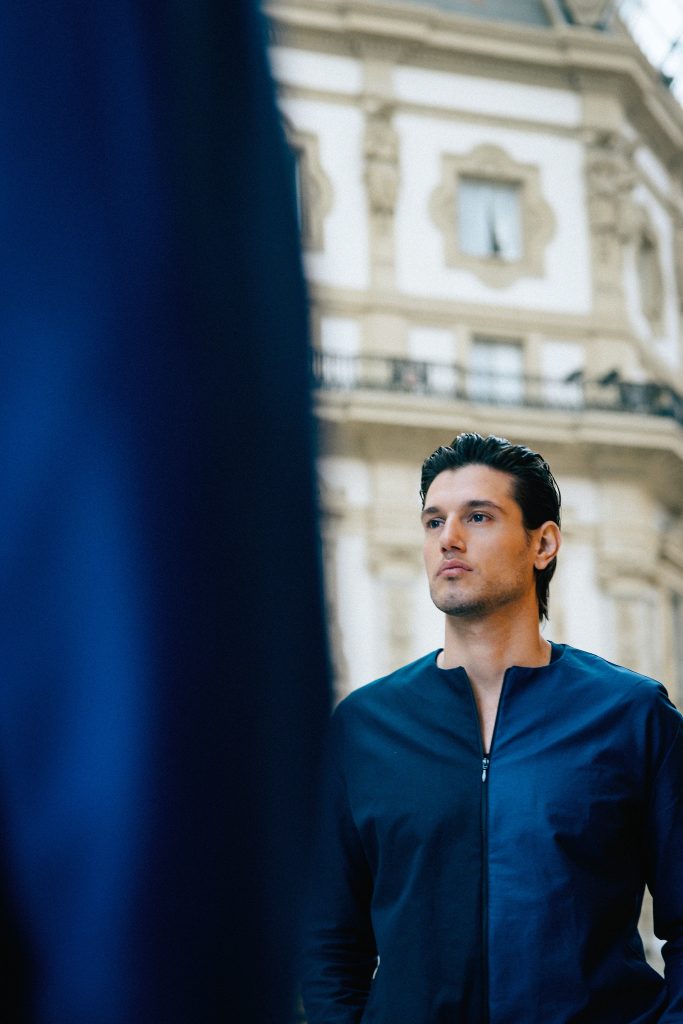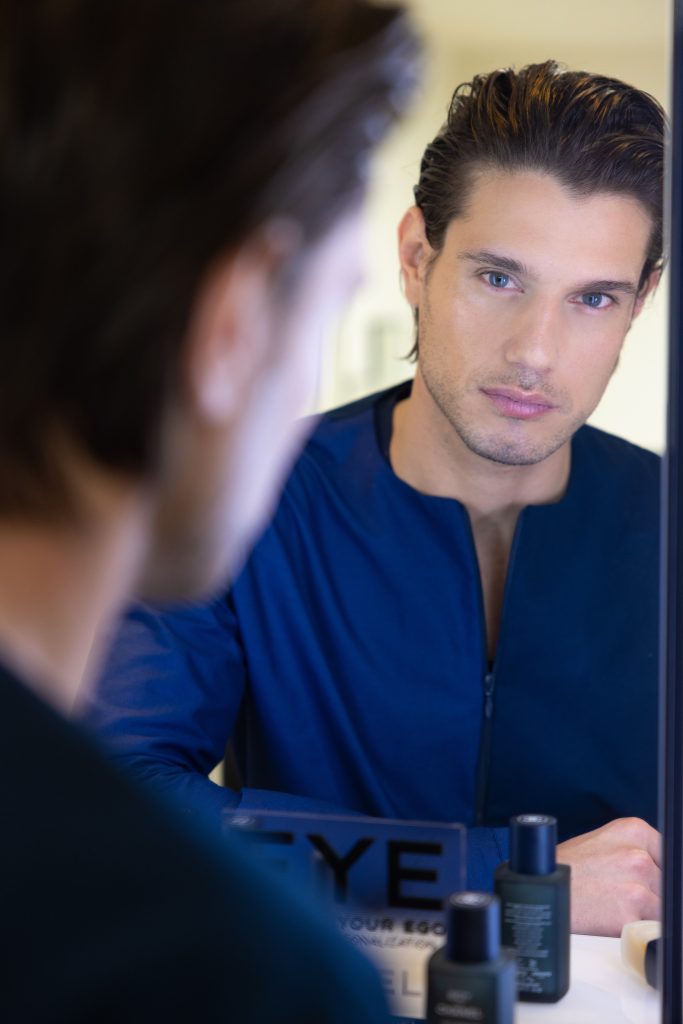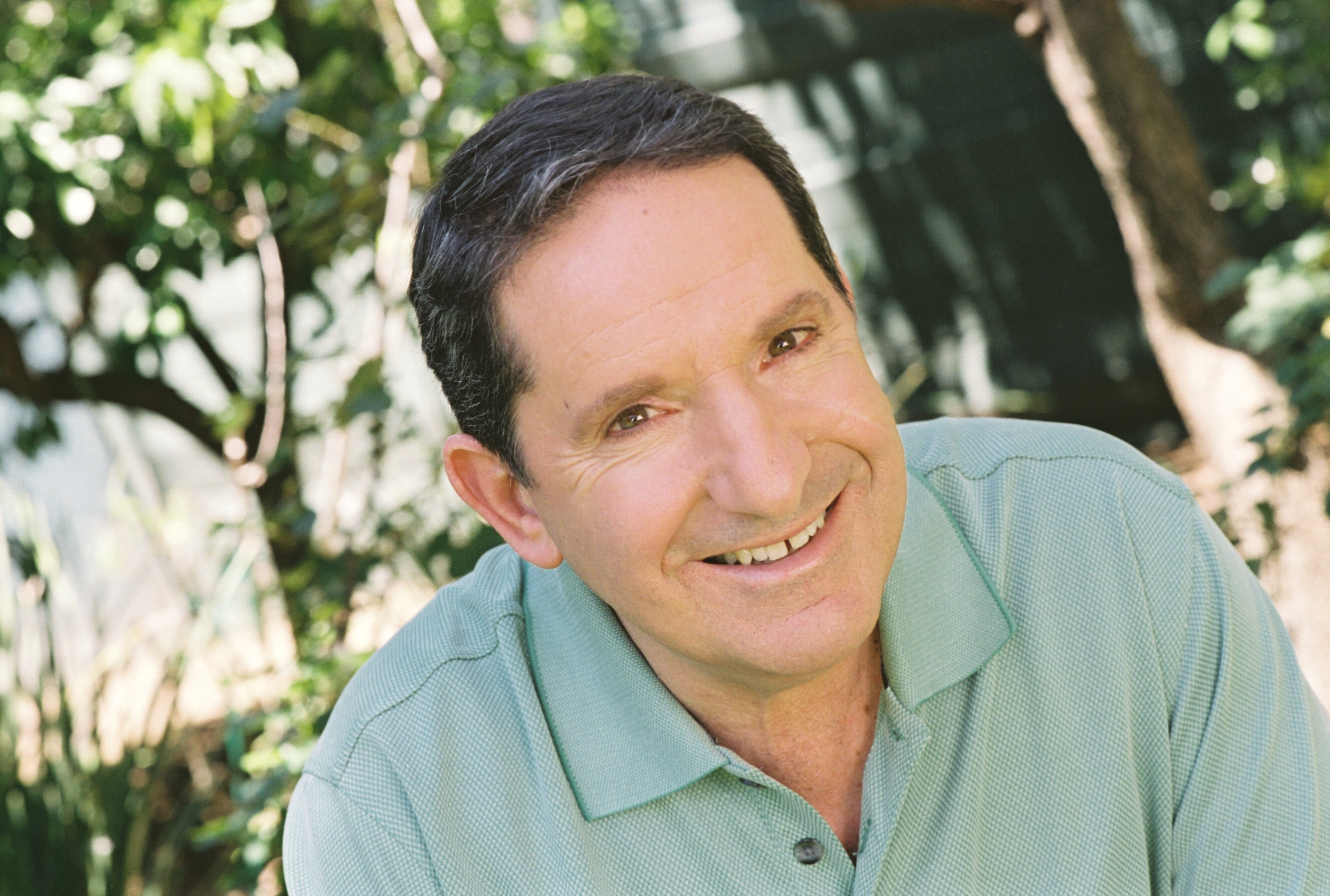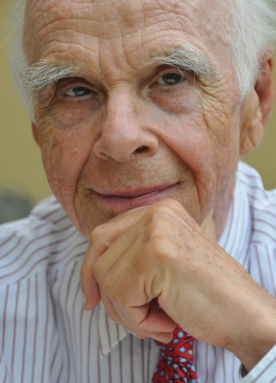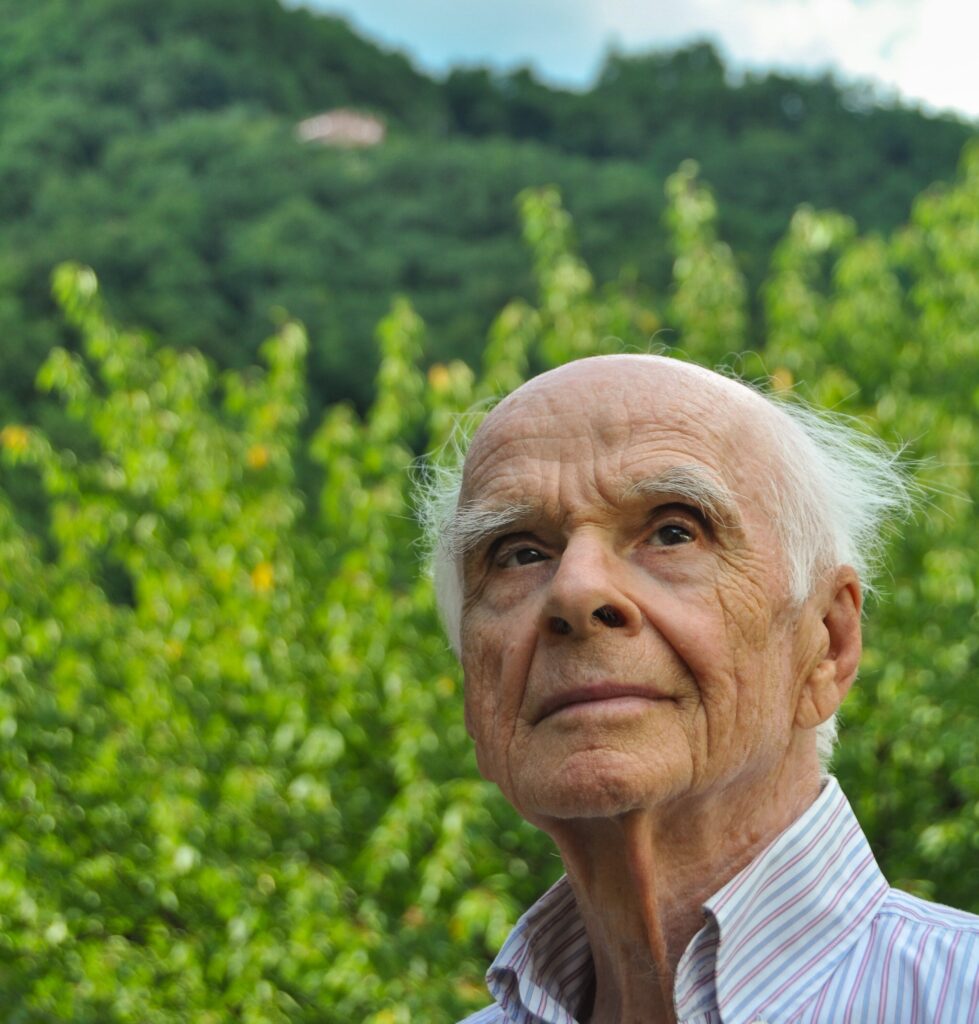Dr Farshid Osh lives out the principles that accompany his aesthetical medicine, and it is no wonder that with his extensive portfolio of qualifications he is not only keenly talented but also a high-achieving doctor. His internationally recognised training as an Aesthetic Doctor has gained him a huge amount of experience and respect in the world of Aesthetic and Regenerative Medicine.
He didn’t quite stop there; with his varied background in Aesthetics, it was only right that he would become a Professor of Aesthetics. He now holds the title from LUDES University in Switzerland, becoming the CEO & Founder of the British Board of Anti-ageing and Integrated Medicine (BBAIM).
When Dr Osh is not teaching, you’ll find him in his Aesthetics and Laser Clinic, situated in one of the most desired areas of London. Where did it all begin? What are his most exciting plans and secrets? Check out this article and find out answers to these, and many more questions.
I want young doctors to know that learning never truly ends, and it will flow through their entire practice for a lifetime. — Dr Farshid Osh
How did your journey with aesthetic medicine start?
It all goes back to 2008. I was studying medicine in Iran and decided to undertake an aesthetic training course in TAFE. I clearly remember the day my father came back home from his doctor’s clinic. Seeing how impressed he was encouraged me to choose this field of career. I wanted to make him proud. When I started my aesthetical medicine journey, I became more and more passionate about it.
Is there any common point that makes you especially passionate and has made you passionate since your first client?
My first client was provided by the academy as a live model. I was both nervous and excited, due to my lack of practical experience. Luckily, it went very well. I remember being quite proud of myself!
I get to train and meet new people from various backgrounds all the time. I see it as an amazing opportunity to learn more and more every day. I get insights into their work and try to apply their experience to my own practice whenever it is suitable. Even though our businesses often differentiate, there is a common point – providing excellent customer service.
What part of your role do you find the most challenging?
…unfortunately, they are far from the reality of aesthetic medicine — Dr Farshid Osh
The unrealistic expectations. There are way too many fake ‘before and after’ pictures on social media. They can often look very impressive, but unfortunately, they are far from the reality of aesthetic medicine.
Many of my clients come to me with edited pictures, wishing to achieve a similar result. I always inform and educate my clients on how to differentiate a real ‘before and after’ picture from a fake one in aesthetic practice.
On my Instagram @Droshofficial, I have shared an educational video on the subject. It shows real photography in the medical aesthetic field. Unfortunately, the ethical part of my work has been both forgotten and ignored by many aesthetic practitioners.

What is the most rewarding part of your life’s work?
Seeing my clients satisfied. Being able to make people feel more confident about themselves makes me feel powerful. I am aware of the fact it can positively affect their mental, emotional and physical status, as well as business and private life. My client’s satisfaction is my satisfaction.
You are a very successful man, Dr Osh, which requires more than talent today. Tell us, what is your consistent recipe for success?
Honesty. Keeping it real with your clients, being well organised and working hard in the frame of quality standards.
Can you pinpoint what inspired you to create your own skin brand? Is there a similar inspiration for why you decided to open an academy?
It was very difficult to find, so I decided to formulate my own. — Dr Farshid Osh
My knowledge and passion for cosmetic ingredients. I was looking for a good skin care product for my clients, one that would contain it all. It was very difficult to find, so I decided to formulate my own.
One of my essays at university was about an effective educational system. I worked hard on my post graduate level and I wanted to utilise my effort in an actual academy.
I train people in more than 10 cities across the UK, as well as 5 countries in Europe.
My agents work in 4 different countries in the Middle East. One of my textbooks is called ‘Desktop Guide.’ I wanted to gather all the protocols in one place, for other practitioners to learn effectively.
Most of our students’ work’s outcomes are similar due to the consideration of the standards in terms of dosage, landmark, depth of the injection, etc.
Do you have any advice for those at the beginning of their aesthetic medicine journey?
My advice is to never stop working on upgrading their knowledge. Try to reduce the unrealistic expectations of clients. It is very important to gain your clients’ trust, and this only happens through honesty.
When I first started my practice in 2008, I was not as cautious as I am now. After undertaking a master’s, a post graduate training in Facial Anatomy at the University of Face and Neck in Nice, I became much more cautious.
I want young doctors to know that learning never truly ends, and it will flow through their entire practice for a lifetime.
Where do you see yourself in the near future? Do you have any exciting plans?
My focus besides the academy is my skin care brand and my medical equipment brand. After that, my next step is to launch a ‘Private Member Aesthetic & Health Club’ in my clinic. It means all clients and patients must become members, and instead of paying a treatment fee, they are going to pay a monthly membership in a variety of categories.
The membership will allow them to receive different treatments according to their needs, my advice, and recommendations.
What is the most common treatment you perform? On the other hand, do men also use your services often?
As for men, I do see quite a lot of male clients. Statistically… — Dr Farshid Osh
Aesthetic injectables are in high demand. Laser and other medical aesthetic machines are a second highly demanded service in the market.
As for men, I do see quite a lot of male clients. Statistically, almost 20% of my clients are men.
Do you feel pressure while performing, and how did you gain the title ‘Celebrity Doctor?’
Pressure, not really. When I am not feeling at my best, I cancel all the appointments on that day. Even though it might seem unprofessional to cancel scheduled clients, I prefer to only work when I am in my right head space.
Concentration and a good mood are a must in providing quality service. Working with someone’s face comes with a lot of responsibility.
One of my clients was a film producer. He introduced me to many famous actors. ‘Word of mouth’ between celebrities brought them to my clinic. This is how I slowly became titled ‘Celebrity Doctor.’ I have a lot of respect for my celebrity clients.
They have brought various opportunities into my life, not only in the business field.
How much filler is too much and at what point would you ever say ‘no’ to a client? Finally, what is the secret ingredient in the fountain of youth?
It varies between clients. I usually use the ‘golden ratio,’ which represents part of the mathematics of beauty. It is very important to have the knowledge of mathematical beauty in aesthetic practice.
I say ‘no’ to my clients a lot, tending towards being selective with who I accept as clients.
The secret is a 3-part answer.
1. A healthy diet. Foods containing suites of collagen, vitamin B, C and E. Plenty of water. Less sugar.
2. A healthy sleep pattern.
3. The daily use of moisturiser and sunscreen for protection from UVA and UVB radiation.


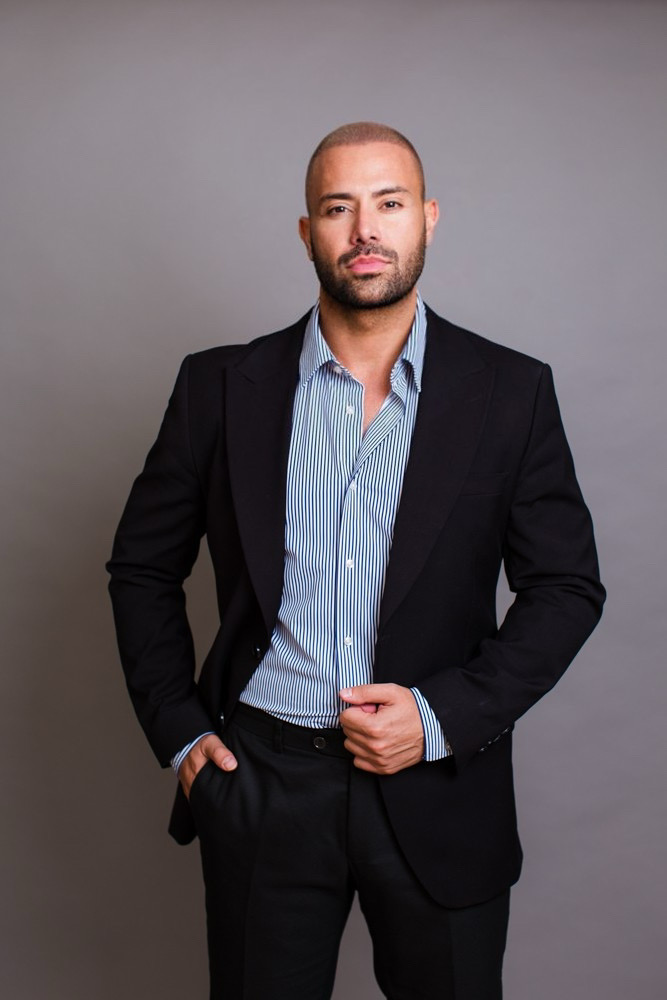
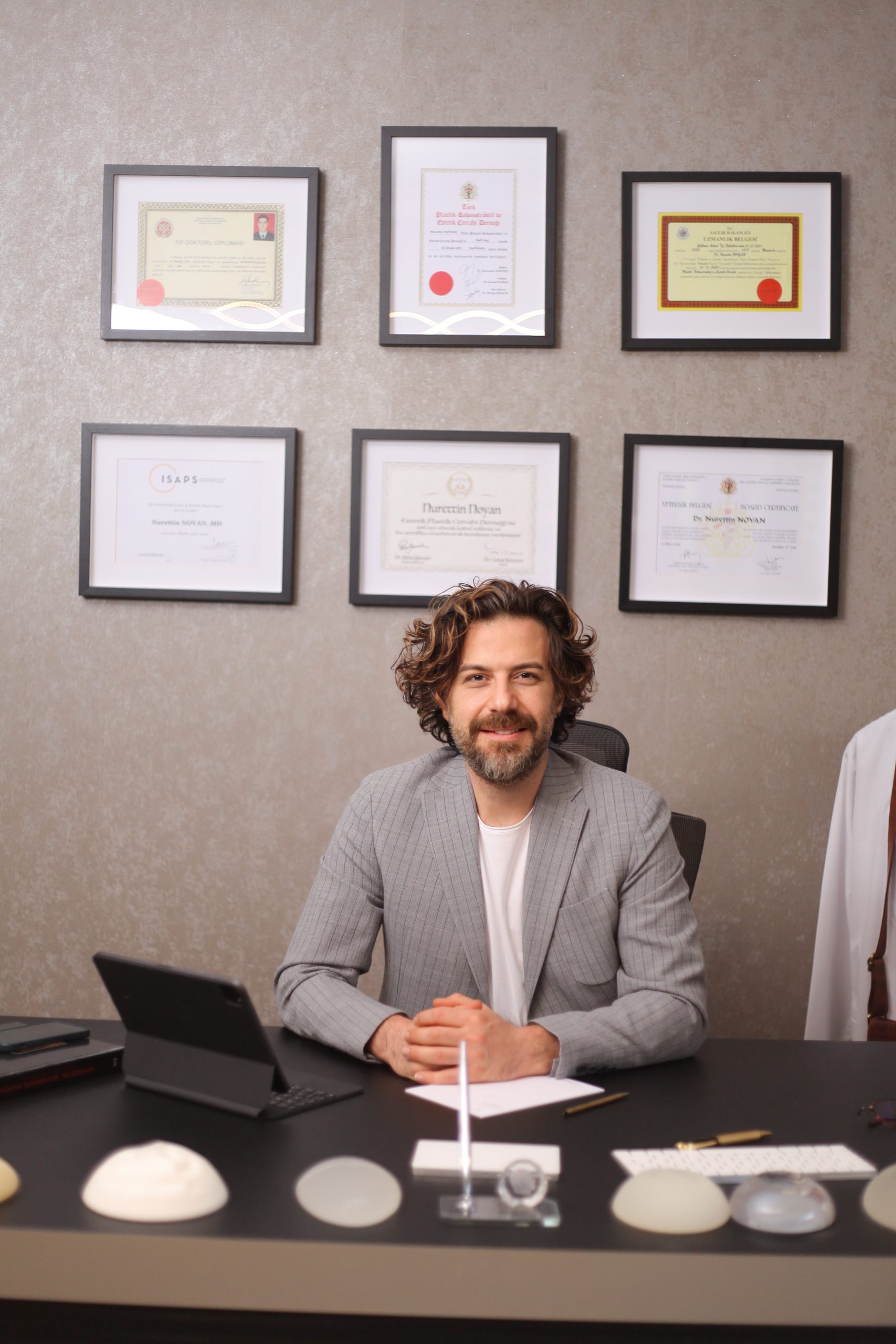
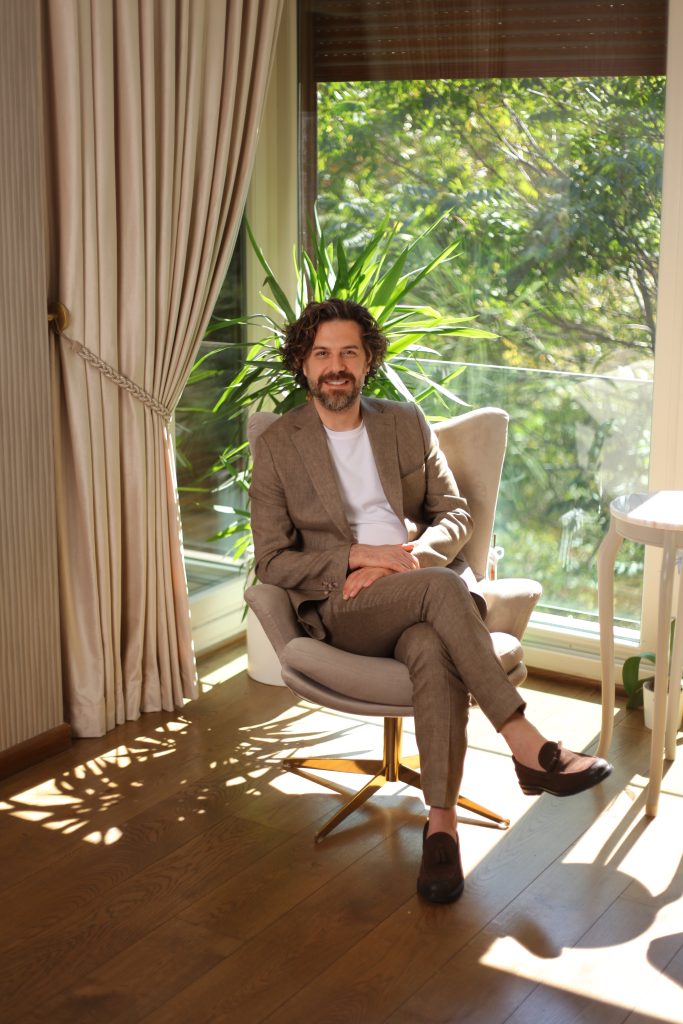
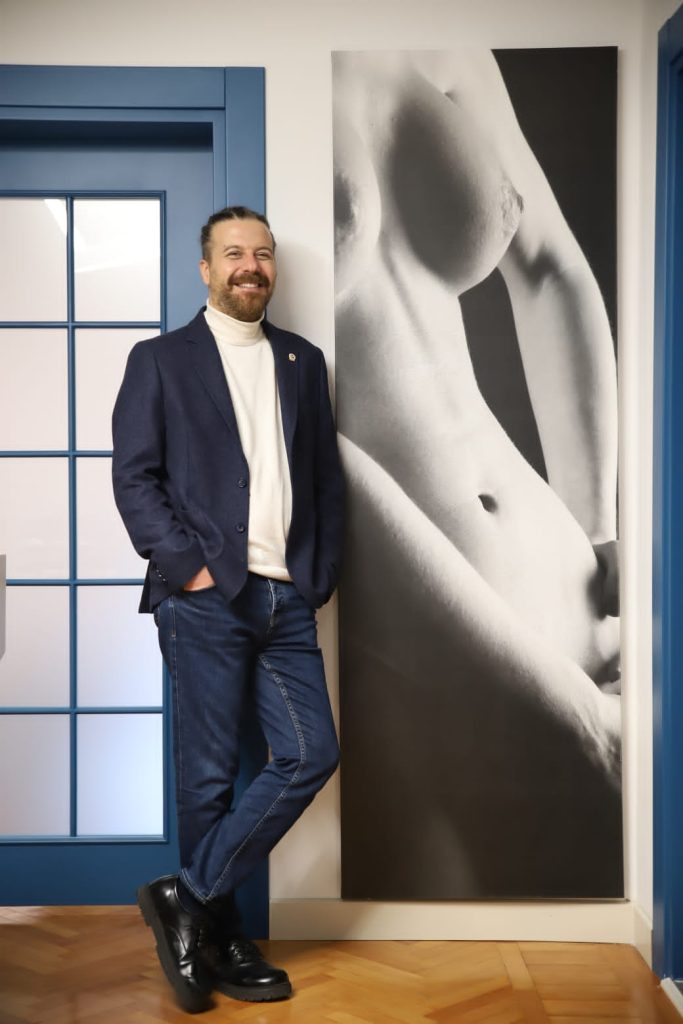
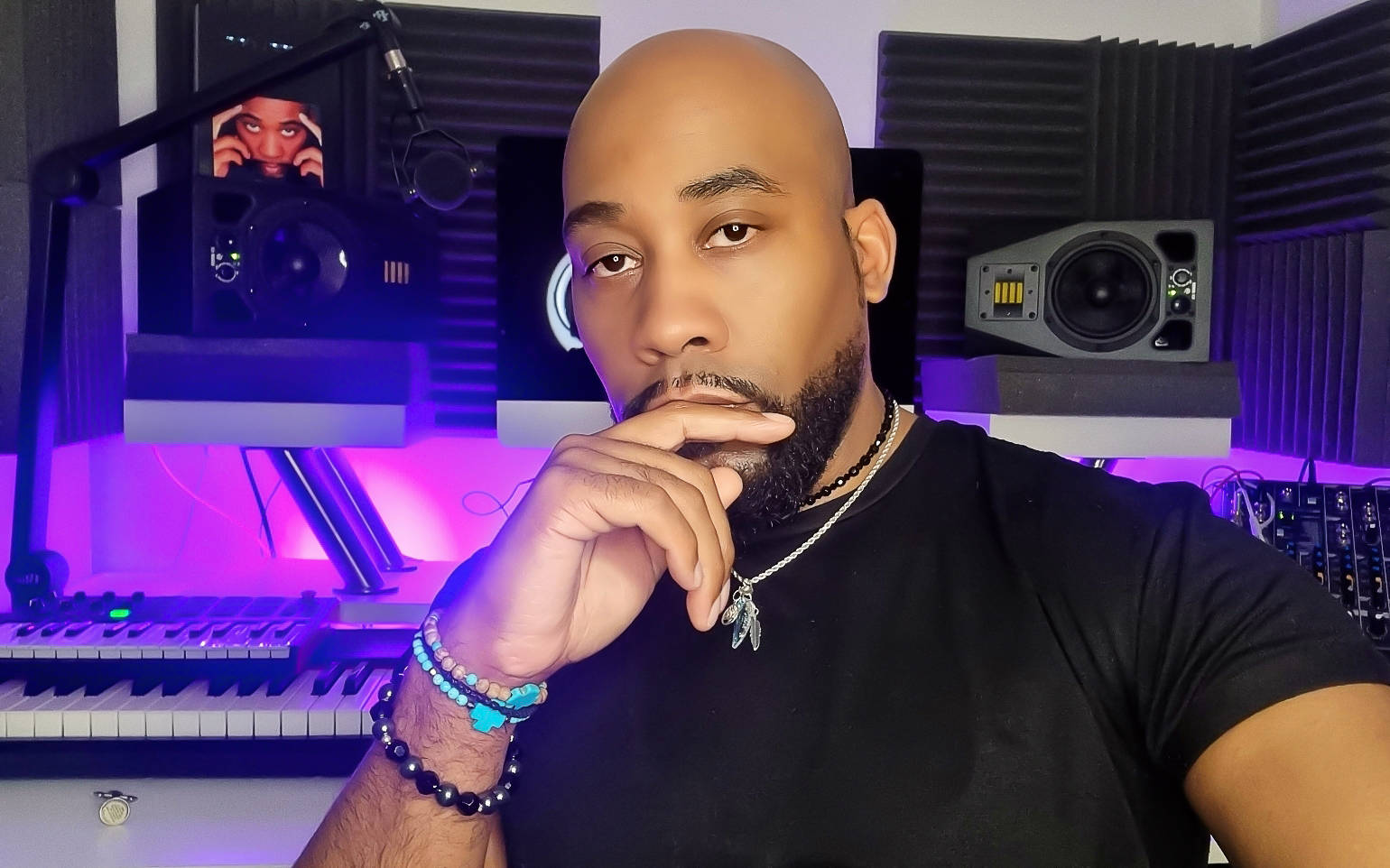
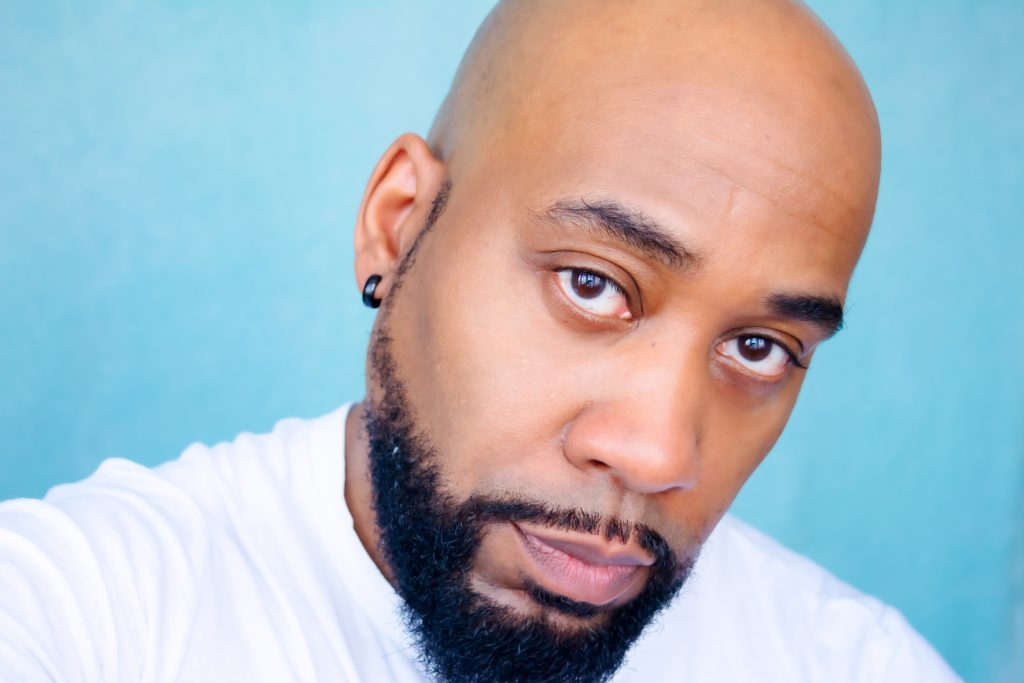


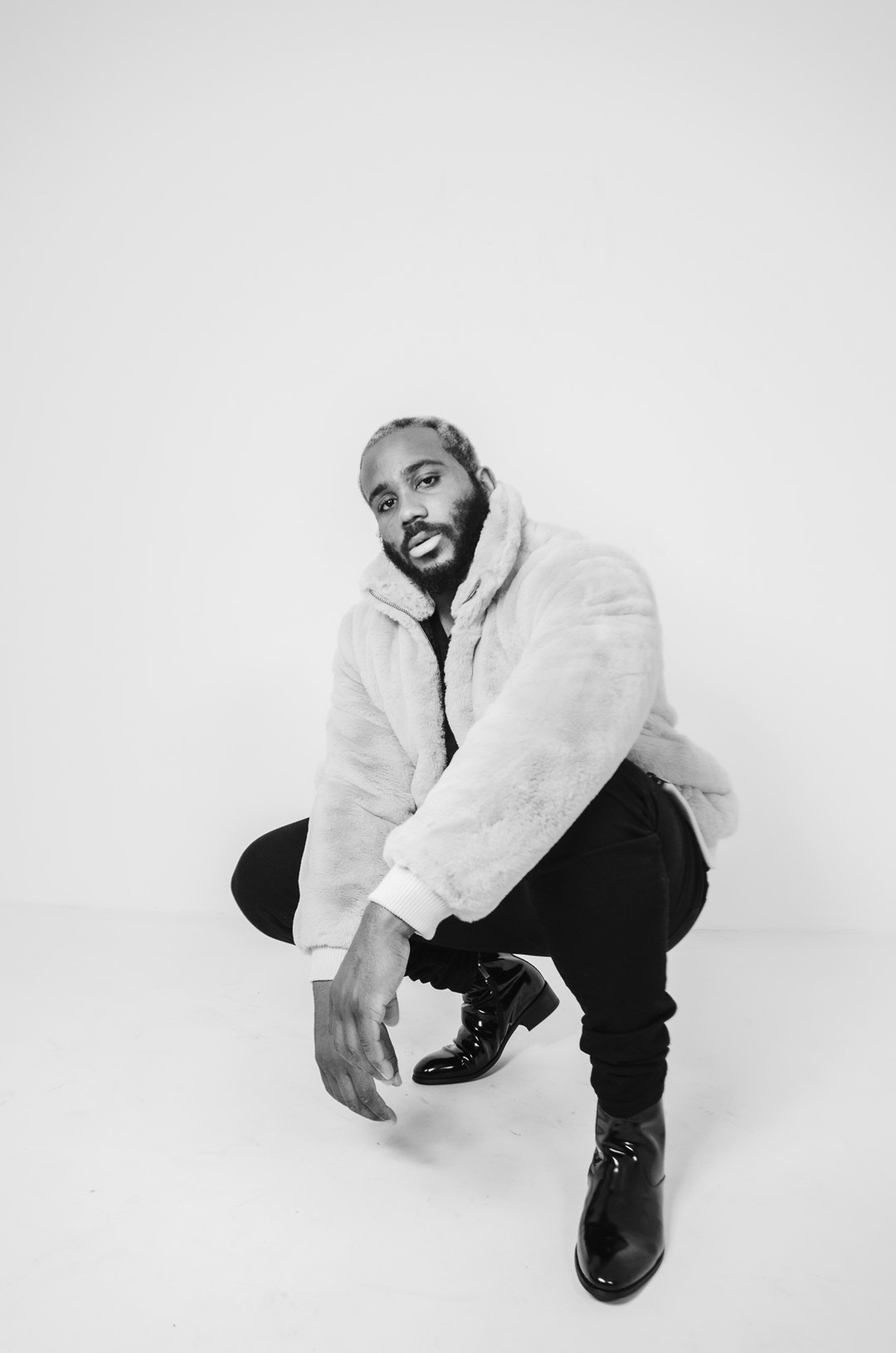
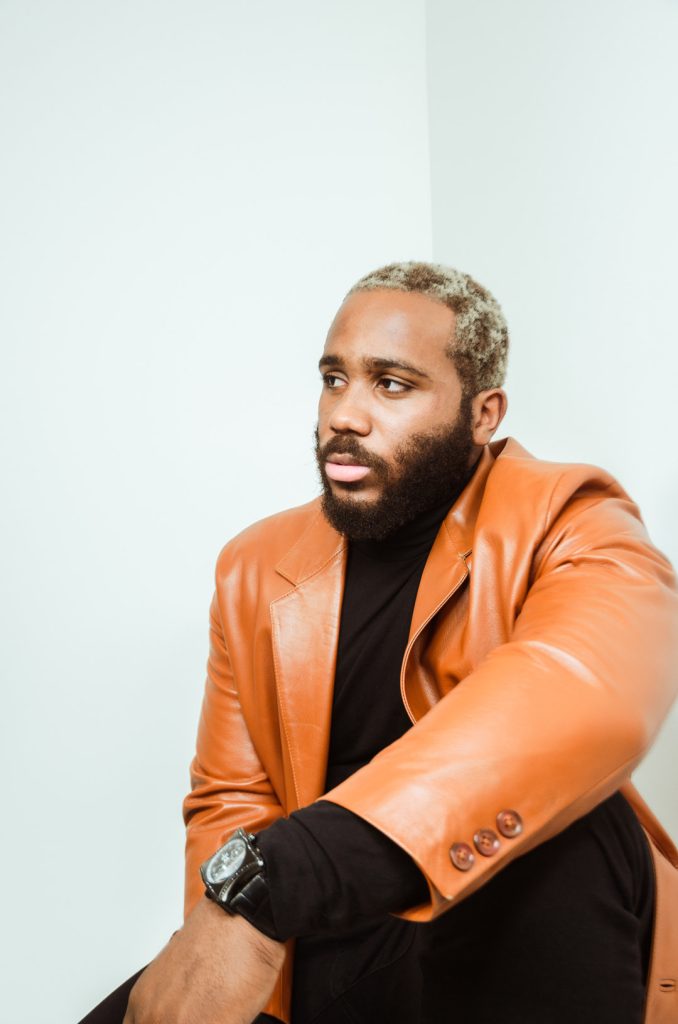
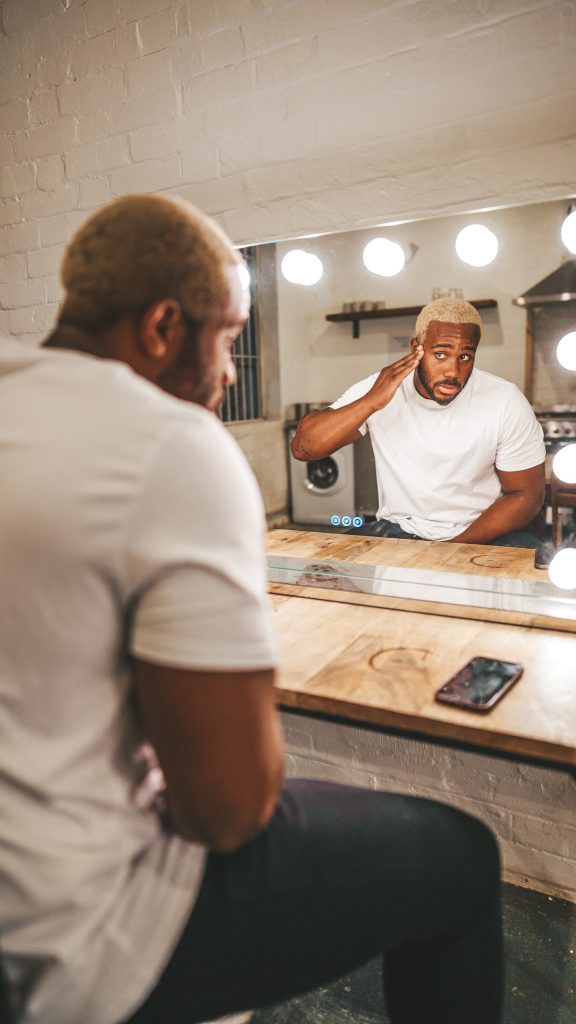
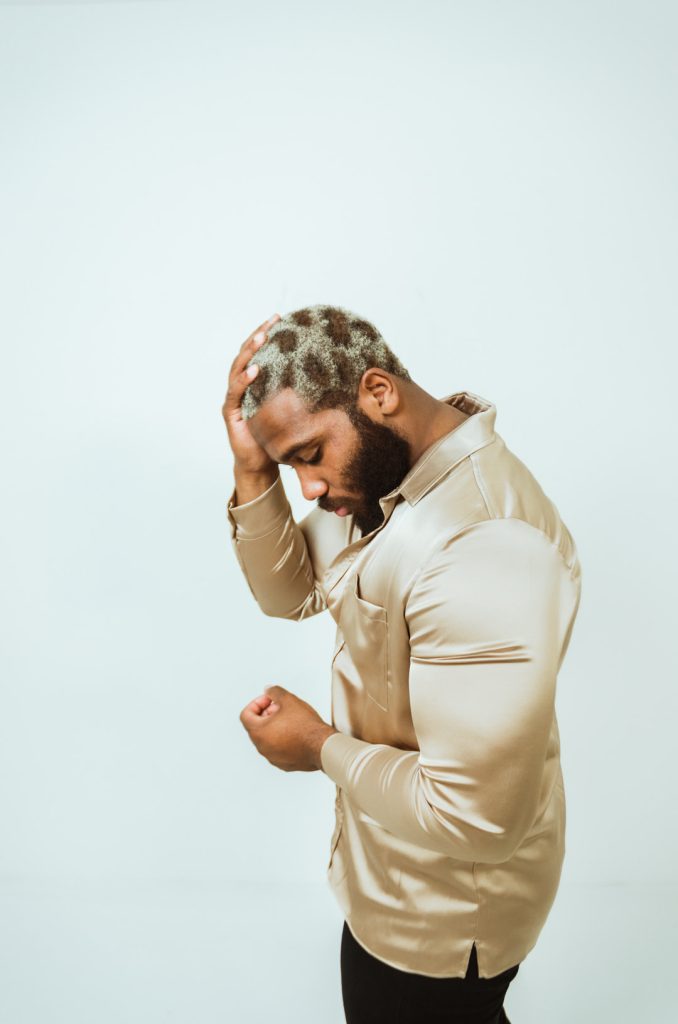
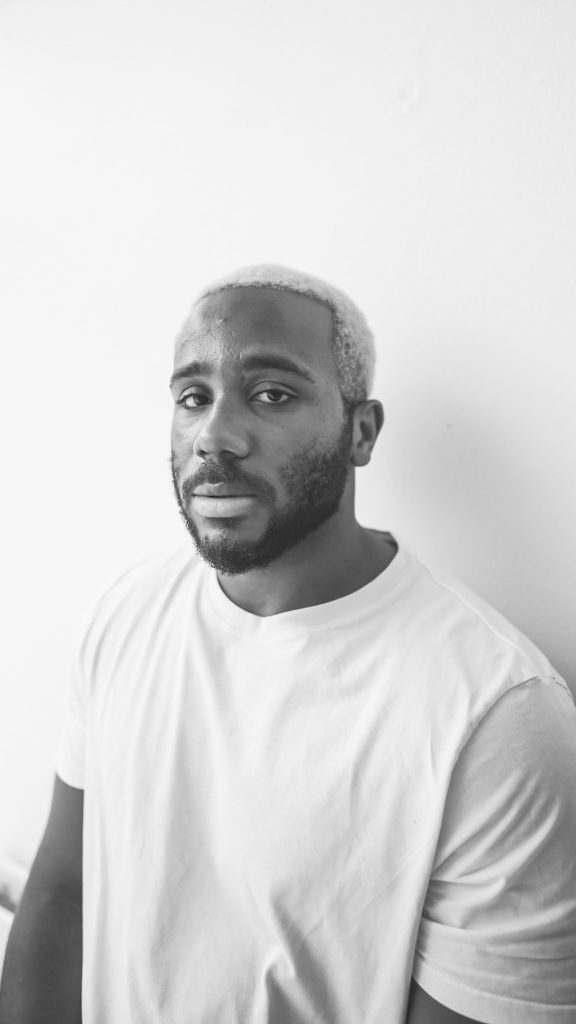
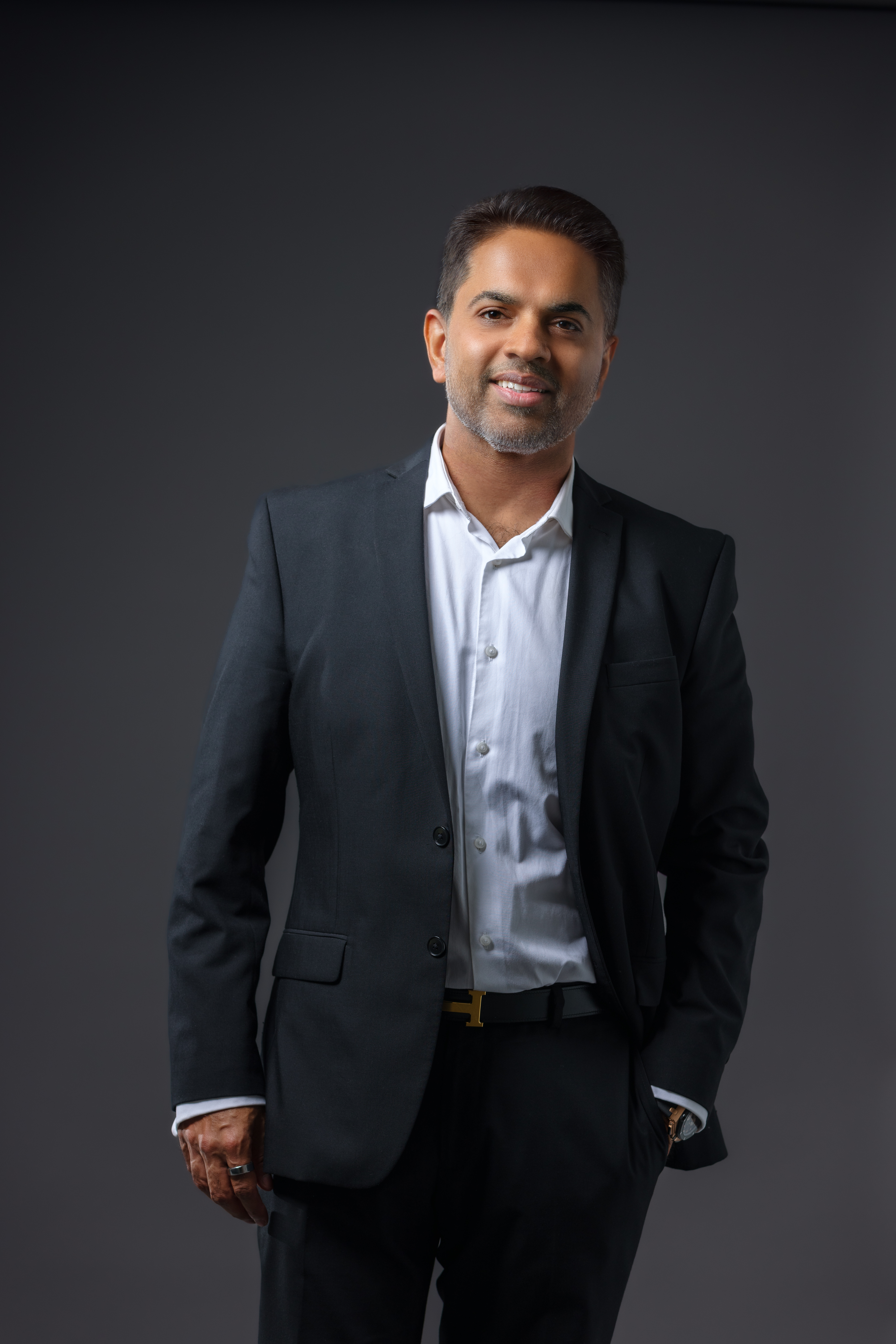
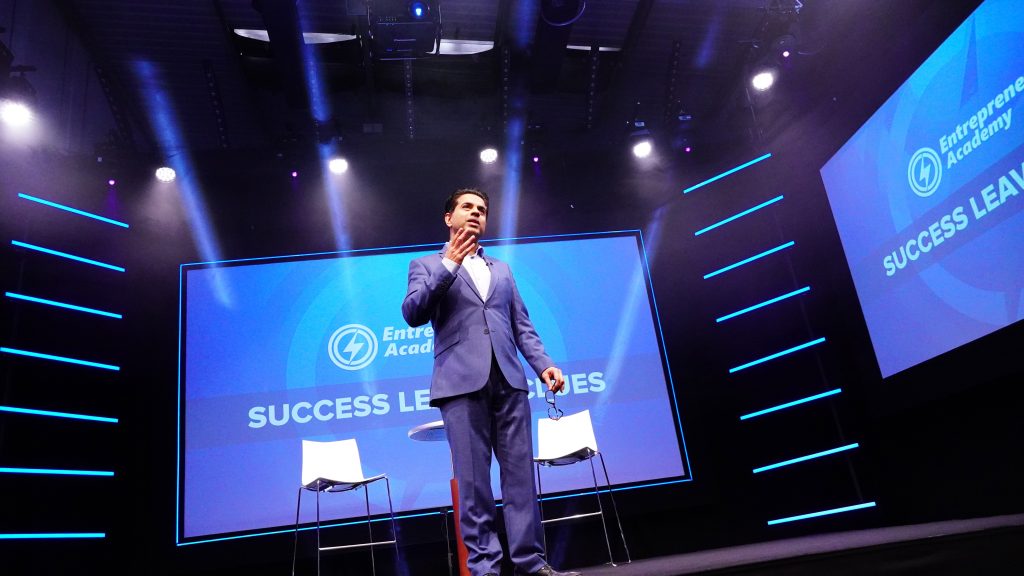
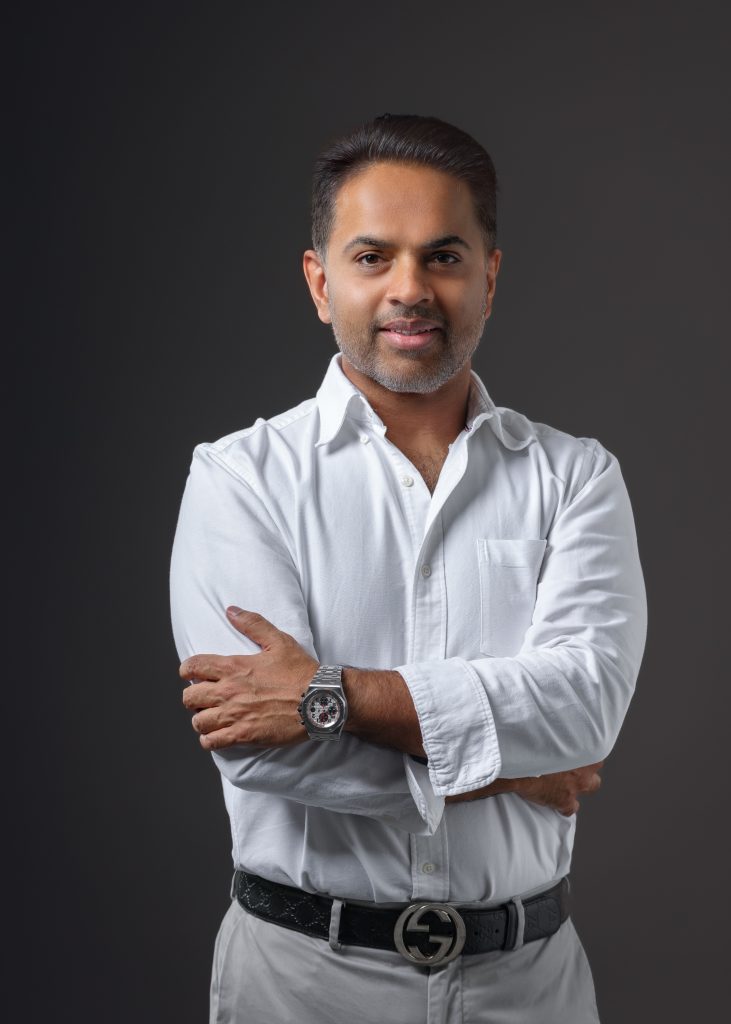
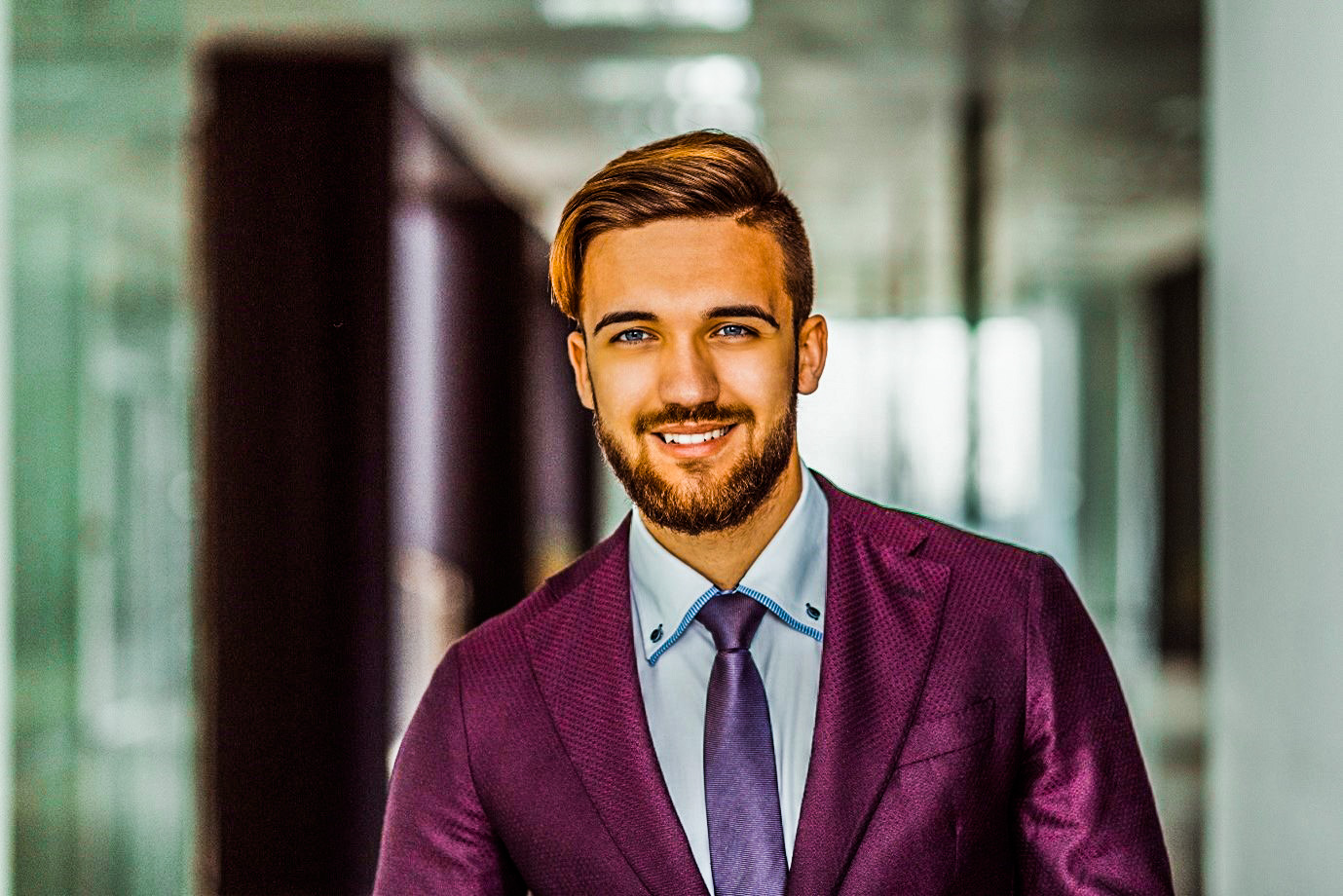

 How We Think
How We Think

